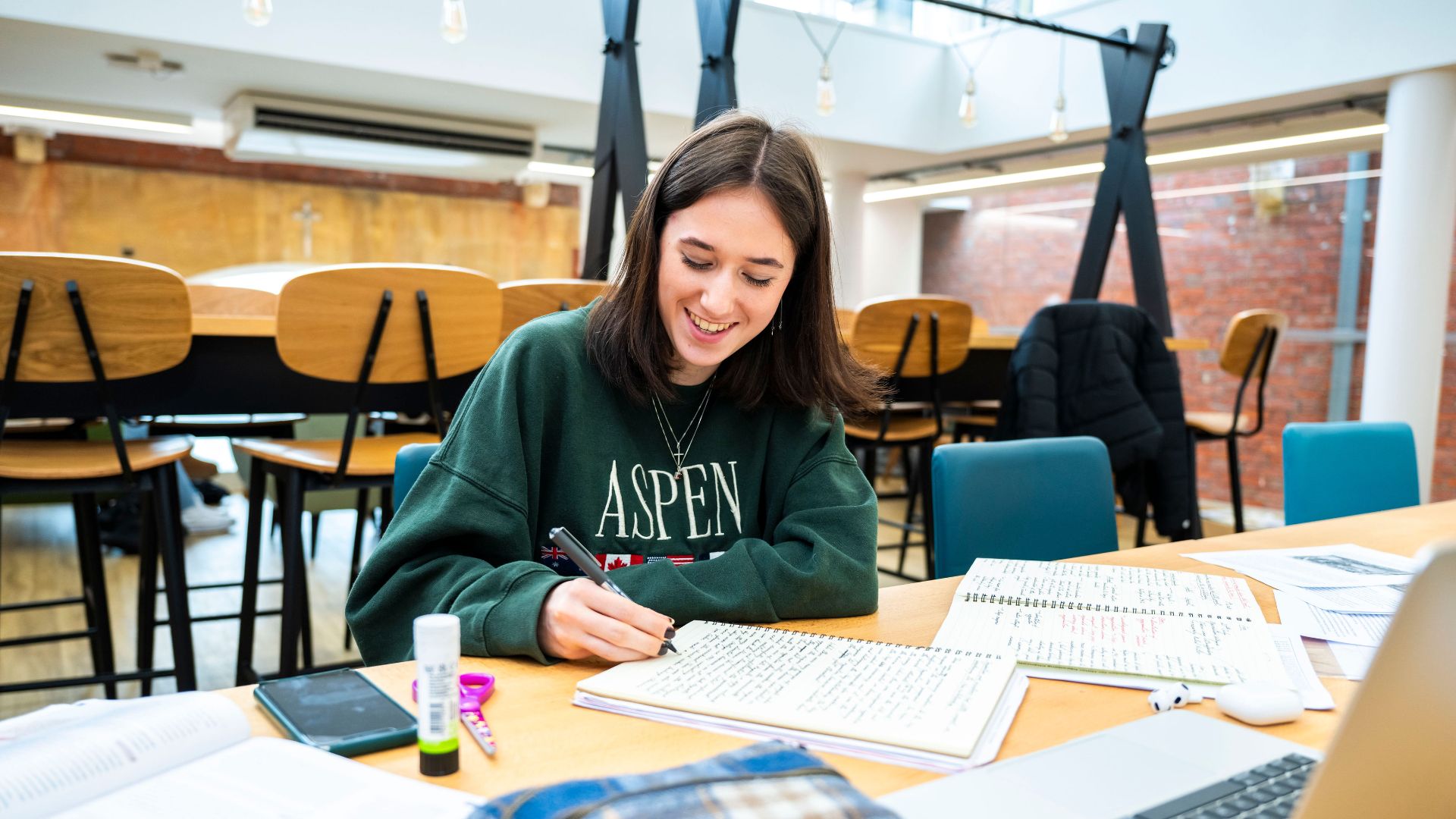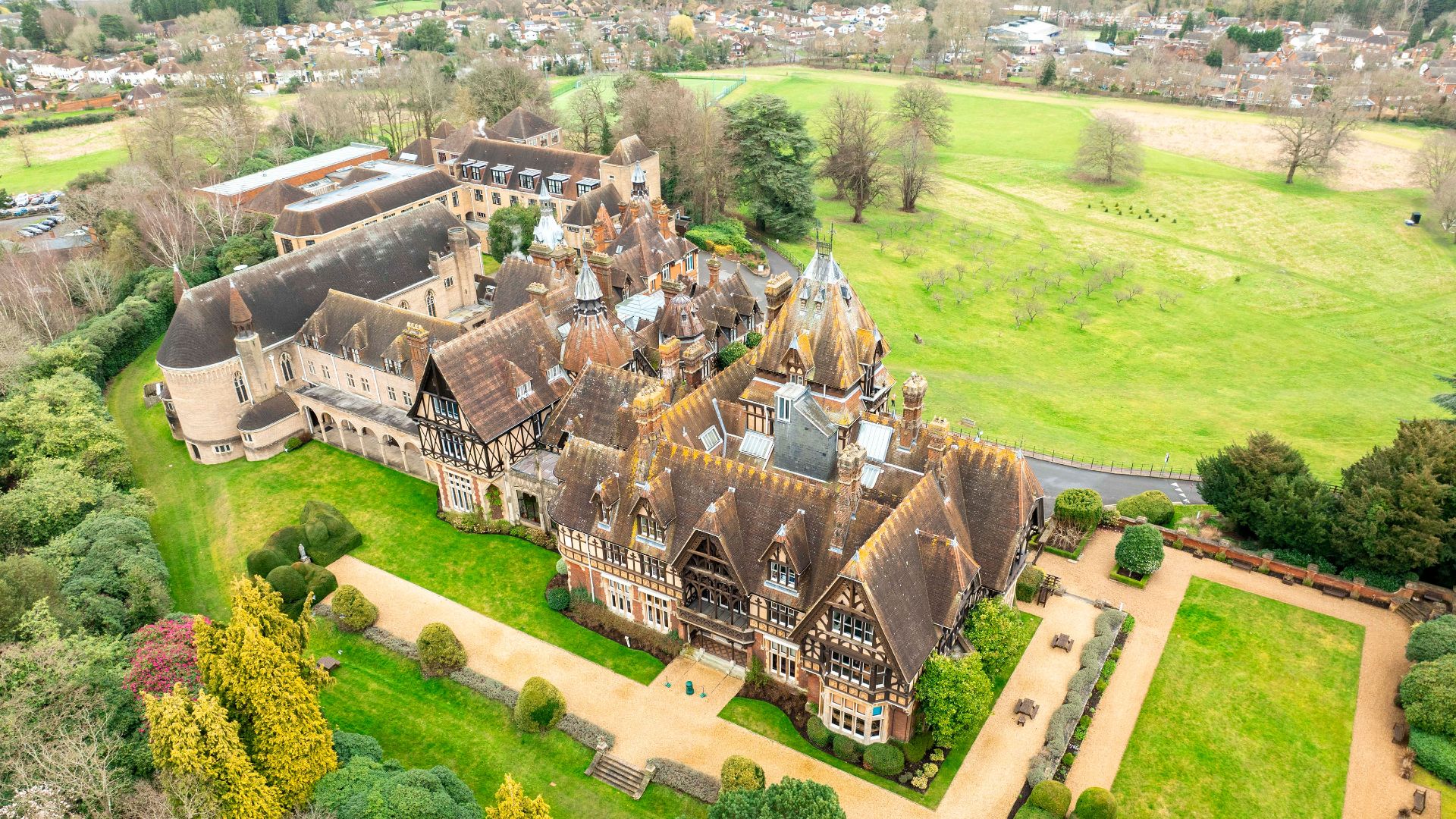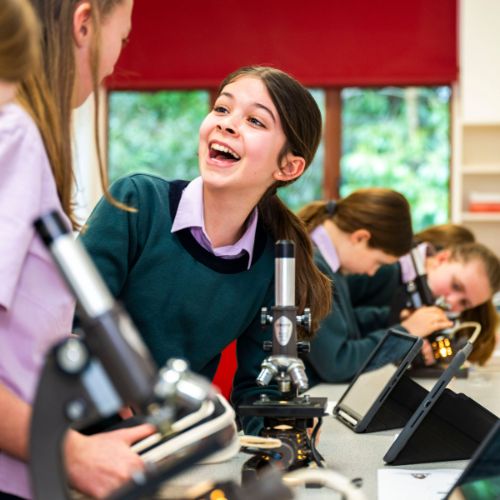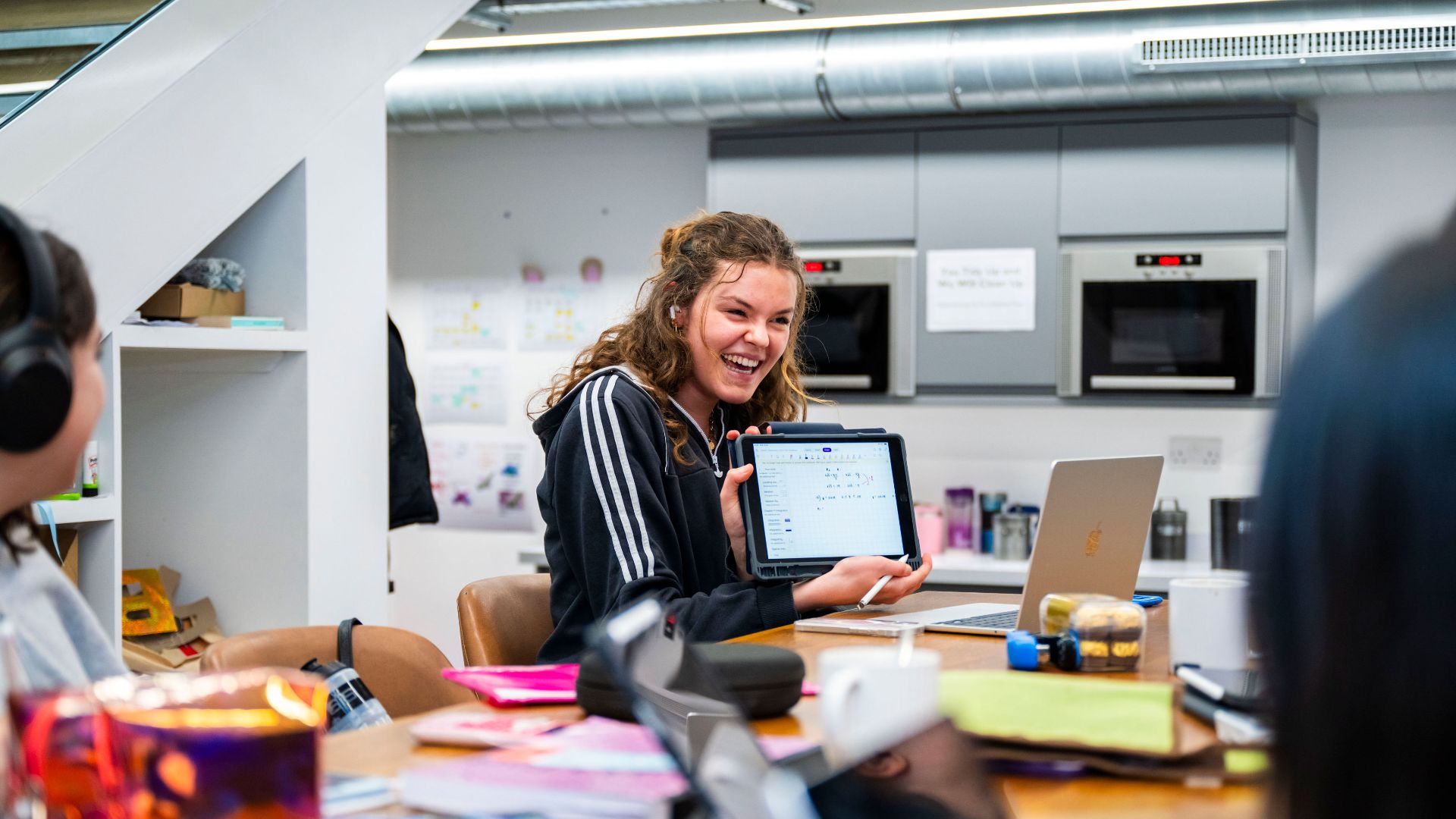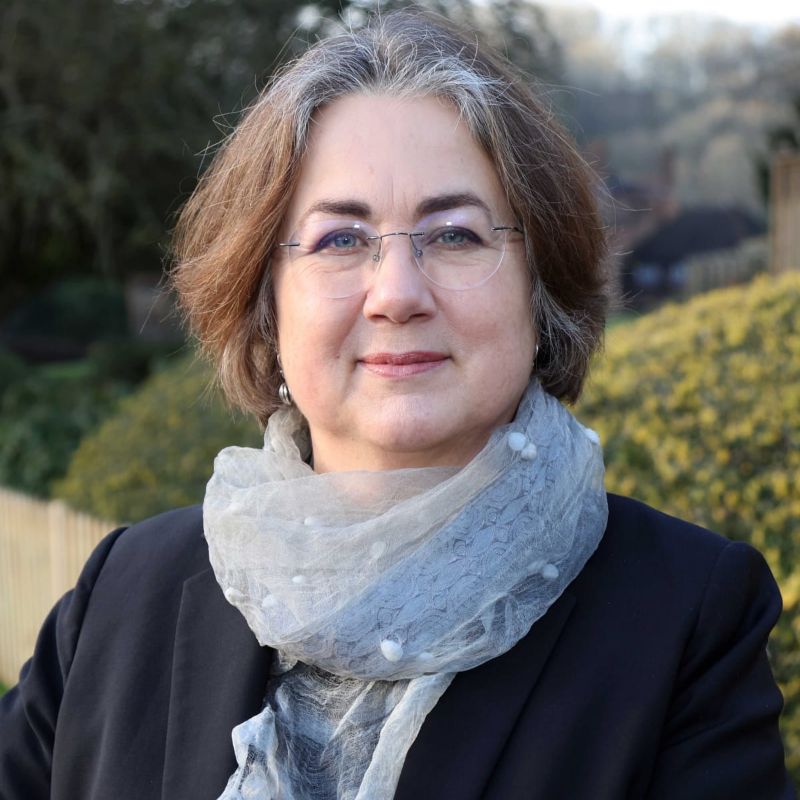We apologise but there was a problem sending your message. Please contact customer support at [email protected]

With the focus on Careers this week, it was a timely coincidence that a current parent of the school posed the following question to Head Designate Maria Young:
I am interested in your views on what skills our children really need for the jobs market ten years from now. The job advertisements of today are unrecognisable compared to 20 years ago. As a city consultant I have been struck by how technology and data now absolutely dominates innovation and competitive advantage, and in the public sector data will be critical of future progress and efficiency. Navigating and leading within sometimes complex ethical parameters is a constant challenge. Dealing with lightning-paced change, progressing despite incomplete knowledge, are all essential in my personal field. However, mine is not a complete view of course! I very much welcome your thoughts as someone with a much more holistic experience and perspective.
This a question that educationalists perpetually ask themselves. What skills should we be promoting in schools, in order that today’s children are ready for the unknown challenges of tomorrow’s employment market? Robotics, data management, globalisation, IT and AI have profoundly changed the way the world of work operates, with one of the few constants in all these areas being an exponential growth rate. How, then, can we give pupils meaningful training in skills that are likely to be superseded before we have even had time to embed them within our curricula? The debate between skills-based and knowledge-based education has been around for decades, and I have experienced various iterations of examination syllabuses that emphasise one or the other, as various governments have sought to put their stamp on the discussion. The clear answer, to me, is that you can’t have one without the other – it’s one reason why I studied Music: as a degree subject, it offered an exciting balance between academic knowledge and practical skills.
Each academic department will reflect regularly on the skills, habits and values that they seek to develop through their subject, so that the holistic education and the social, emotional and psychological growth of every single student is being promoted. That teaching mindset helps to prevent an excessively ‘bunkered’ teaching of individual subject disciplines, something which is still all too prevalent in schools, especially as pupils progress towards public examinations. Times are changing, however, and universities are developing some fascinating degrees that promote interconnected thinking across traditionally separate disciplines. One such example is Cambridge’s new Design Tripos, which merges the study of Arts and Sciences with the aim of promoting the ability to solve the complex challenges facing the world today and into the future. Mental flexibility and agility, project-based work, a fearless creativity that is unafraid to take risks in pursuit of sustainable and effective solutions and resilience in the face of challenge are all vital skills that such ‘cross-curricular’ learning promotes. Over the next decade, we are likely to live through the next big change in education: the Government intends to roll out the new qualification framework for 16-18-year-olds: the Advanced British Standard. Whilst the exact shape of the new ABS is currently under consultation, it will aim to offer a more inclusive, joined-up and relevant learning experience, combining the best of A levels and T levels, requiring some level of Maths and English study for all until the age of 18 and offering greater breadth via a Baccalaureate-style menu of ‘major’ and ‘minor’ subjects. Critical thinking, teamwork and skills that range beyond those traditionally taught in the classroom are intended to equip learners with the kind of attitudes, habits and skills that will carry them forward with confidence, and be more ready for the modern workplace, whatever that might look like.
We must ensure that our pupils internalise the values, habits and mindsets that will help them to thrive and to make a meaningful contribution in their future lives. We must work on developing a genuine growth mindset, so that they do not limit their own ambitions nor place limits on others. As reflective learners, they will understand that there is usually more than one way to approach a problem and that failing is just a normal part of any development journey. We need to encourage our girls to be courageous, to speak up and to be unafraid to make themselves heard in the workplace: I believe that a single sex school is uniquely able to develop this inner confidence, providing a safe space in which to experiment, make mistakes and bounce back.
A school such as Farnborough Hill, with a lively sense of the importance of ethical debate, will develop in its pupils an awareness of and an ability to respond to the major ethical and ecological questions of today – and tomorrow. This is something in which Catholic schools are traditionally strong, and I will be looking for opportunities to grow the excellent work already under way here, for example through the MUN. I want all our girls to feel intellectually and emotionally involved with the complex challenges facing our world: an emphasis on Catholic Social Teaching means that our pupils will realise their own agency to effect change.
I am ambitious for the whole Farnborough Hill community, and I want everyone in it to share that sense of ambition, both individually and as part of the team. I’m ambitious not just for academic aspiration, but also in terms of character education, which is central to my vision for the school. By educating for character – promoting leadership, developing our rich and diverse community, encouraging extra-curricular excellence, emphasising service, growing resilience and raising aspirations for all – we are continuing to live out the Catholic, holistic vision of the school’s founding sisters in a way that has more relevance for today’s world of work than ever before. I will look for every opportunity to bridge the gap between school and the world of work by inviting alumnae and parents to share skills and insights with current pupils, less for the precise skills and experiences that will be shared but more for developing the sense that nothing is impossible, that the future is more exciting than ever before and that there is a warm and welcoming FH alumnae community that will be delighted to play their part in developing the next generation.
Mrs Maria Young





